Dawson Law is an American national security and economic policy professional with a distinguished record of service in the U.S. Department of the Treasury and the U.S. Department of State.
He most recently served as the U.S. Treasury Representative to the United Kingdom, based at the U.S. Embassy in London, where he led engagement on sanctions, illicit finance, and economic security cooperation with HM’s Government and European allies. Prior to this posting, he was a Senior Sanctions Policy Advisor in the Office of Foreign Assets Control (OFAC) in Washington, D.C., where he helped shape and implement U.S. sanctions regimes in coordination with interagency counterparts and international allies.
From 2009 to 2019, Mr. Law served as a Foreign Service Officer with the U.S. Department of State, holding assignments both in Washington and abroad. His overseas postings included Canberra, Hanoi, Warsaw, and Khartoum, where he advanced U.S. diplomatic priorities across political, economic, and security portfolios. Throughout his career, he has worked closely with European allies and partners on global economic policy and economic statecraft issues to strengthen transatlantic cooperation and international security.
Earlier in his career, Mr. Law worked at the U.S. Chamber of Commerce in Washington, D.C., where he managed international trade and policy initiatives in collaboration with business, government, and civil society stakeholders.
Mr. Law holds a Master of Global Management from the Thunderbird School of Global Management and a Bachelor of Arts in International Affairs from Lewis & Clark College.
He speaks English, German, French and Polish.
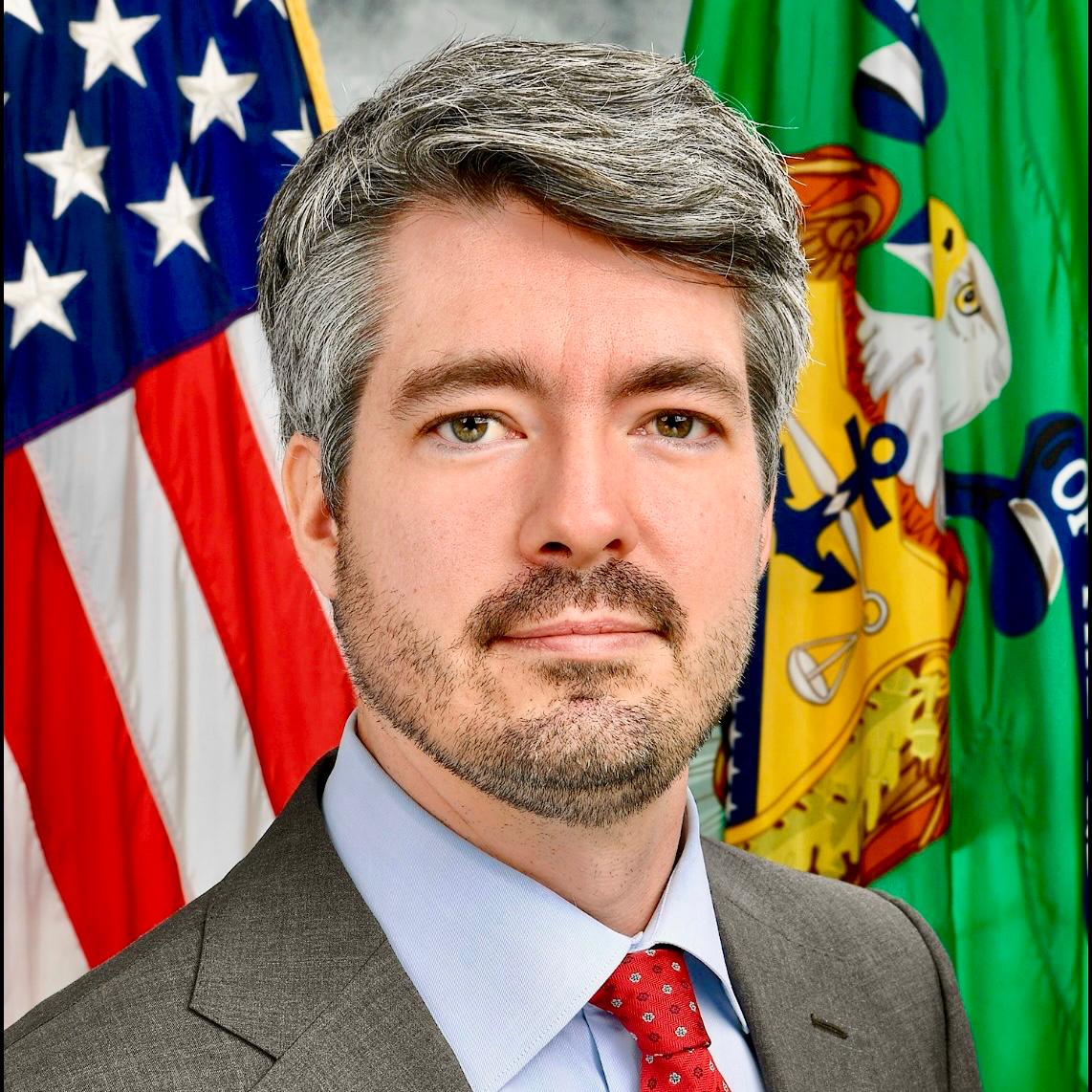
New York: Read the latest publication with Asia Society of our International Advisory Board member, Ambassador Pierre Andrieu on China-Russia Relations since the Start of the War in Ukraine.
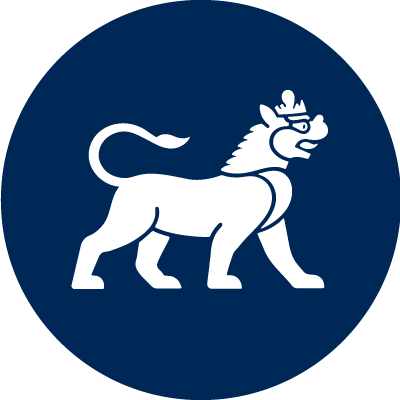
In his August 20, 2025 Asia Society report “China-Russia Relations Since the Start of the War in Ukraine,” our International Advisory Board Member, Ambassador Pierre Andrieu, Senior Fellow at Asia Society Policy Institute’s Center for China Analysis, scrutinizes how Russia’s invasion of Ukraine has accelerated Sino-Russian cooperation -particularly through the rapid deepening of trade, sanctions circumvention, and the poignant asymmetry of the relationship despite the “no-limits” rhetoric that preceded the conflict.
China-Russia Relations Since the Start of the War in Ukraine – August 20, 2026
Doha: Watch our International Advisory Board Member, Dr. John A. Pennell, commenting to Al Jazeera on the Alaska Summit
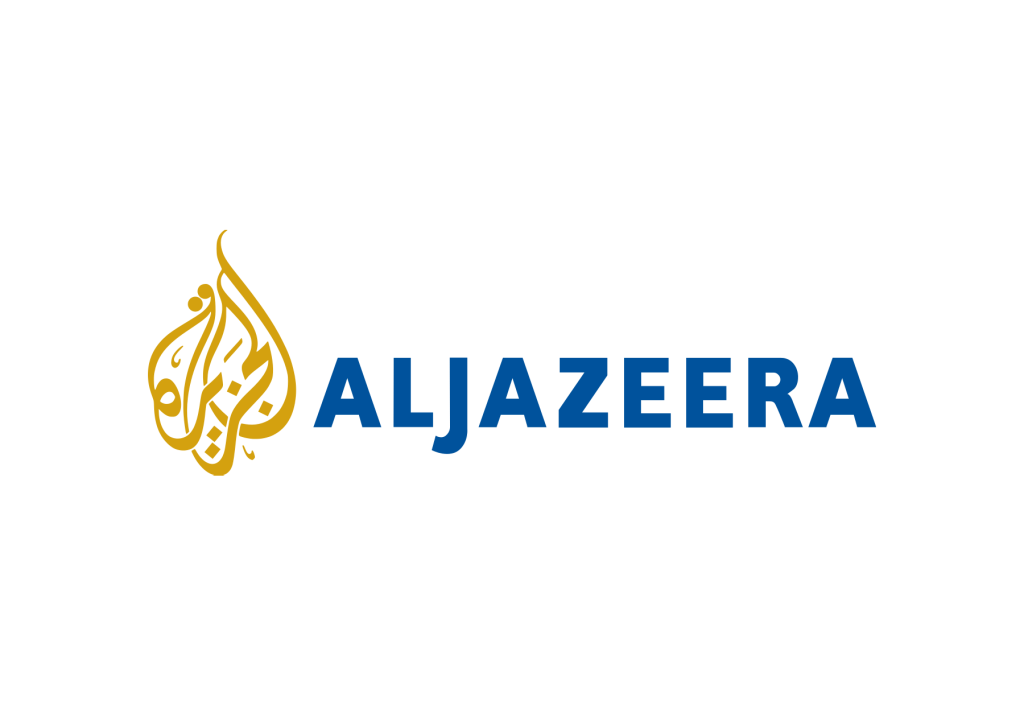
Princeton University & Modern War Institute At West Point: Dr. Mariya Heletiy Publishes “The Balkans Model and Conditions for Peace in Ukraine” In the Irregular Warfare Initiative
We are proud to share the latest contribution from Dr. Mariya Heletyi, whose new article has been published by the Irregular Warfare Initiative, a joint project of Princeton University’s Empirical Studies of Conflict and the Modern War Institute at West Point.
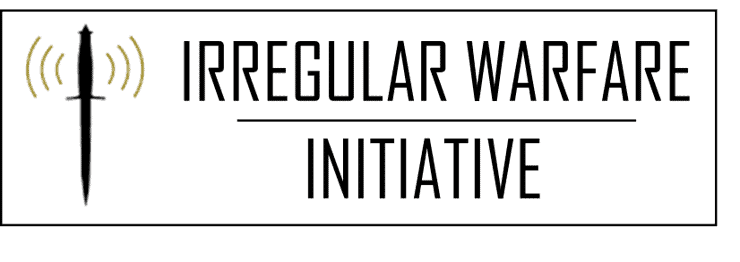
In “The Balkans Model and Conditions for Peace in Ukraine,” Dr. Heletiy draws on the experience of the Balkan conflicts to analyze the irregular warfare nature of Russia’s invasion of Ukraine and what it means for peace-building. Her analysis offers a sobering but necessary perspective: that peace in Ukraine cannot be built on traditional negotiations alone.
Using the backdrop of Russia’s repeated violations of ceasefire agreements -most recently its broken “Easter truce”- Dr. Heletiy argues that today’s hybrid conflicts require more than diplomatic handshakes. The war in Ukraine spans far beyond the battlefield, touching diplomatic, informational, economic, humanitarian, and military fronts. As she points out, ceasefires in irregular conflicts often serve less as a path to peace and more as a pause for regrouping and rearming.
Drawing lessons from the Balkans, Dr. Heletiy proposes that irregular warfare tools -such as economic pressure, information campaigns, and unconventional tactics- must be part of any comprehensive strategy for sustainable peace. Her article warns against the false comfort of conventional approaches that do not account for the ideological drivers, asymmetries, and non-state actors that continue to shape today’s conflicts.
We encourage everyone interested in peace and security in Ukraine and beyond to read Dr. Heletiy’s full piece, which brings deep insight and strategic clarity to one of the most pressing issues of our time.
Check out Maksym Beznnosiuk’s latest publications and media appearances
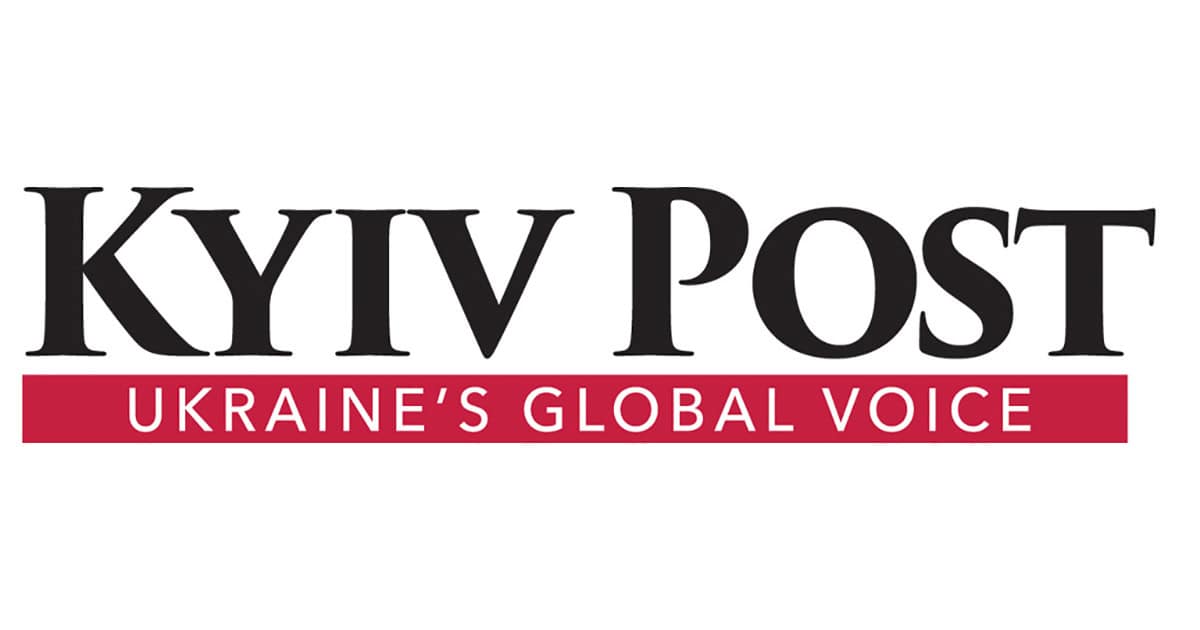
The Kremlin’s Drone War Has Gone Strategic: Ukraine Must Brace Itself for an Onslaught – August 5, 2026
The Kremlin’s Drone War Is Now a War on Ukraine’s Resilience – July 26, 2025
Russia’s Drones Campaign Part of Its Hybrid Warfare Strategy – June 26, 2025
G7 NB: Kremlin’s Hectic Summer Offensive Preparation and Looming Humanitarian Crisis – June 16, 2025
Negotiating Under Fire: The Kremlin’s Offensive Diplomacy – June 1, 2025
Istanbul Deception: Kremlin’s Peace Talks’ Trap – What West Must Do About It – May 20, 2025
Why the Kremlin’s Peace Narrative Is Strategic Deception – May 12, 2025
FAQs
What is the focus of Ukraine Foundation’s work?
Ukraine Foundation is an independent, mission-driven research and impact organization dedicated to advancing peace, resilience, and innovation in Ukraine. Our work combines rigorous policy research with practical initiatives that strengthen Ukraine’s international partnerships, support innovation and technology, and promote cultural resilience amid the ongoing war.
How does the Foundation turn research into impact?
We believe research should lead to real-world change. Our policy programs —Ukraine in Europe, China in Ukraine, and Ukraine in the Global South— produce insights that shape international dialogue and policy. At the same time, our impact initiatives foster cooperation between governments, businesses, academia, and civil society, ensuring that ideas translate into action for Ukraine’s security, prosperity, and influence.
How can individuals and organizations engage with the Foundation?
Engagement is central to our mission. Partners, experts, and supporters can collaborate through joint research projects, public events, and strategic initiatives in innovation and culture. We also welcome contributions to our programs that amplify Ukraine’s voice globally and strengthen its resilience at home.
How can I support Ukraine Foundation?
You can support our mission by contributing financially, partnering on research or impact projects, or amplifying our work through your professional networks. Every contribution -whether funding, expertise, or visibility- helps us strengthen Ukraine’s resilience and global partnerships.
Does Ukraine Foundation accept volunteers or research fellows?
Yes. We welcome dedicated professionals, researchers, and students who want to contribute to our policy and impact agenda. Opportunities range from short-term projects and fellowships to longer-term engagement with our programs and initiatives.
How can organizations collaborate with the Foundation?
We actively partner with think tanks, universities, governments, businesses, and NGOs to co-develop research, host events, and implement projects that drive meaningful change. Organizations interested in collaboration can reach out to us directly to explore tailored partnerships.